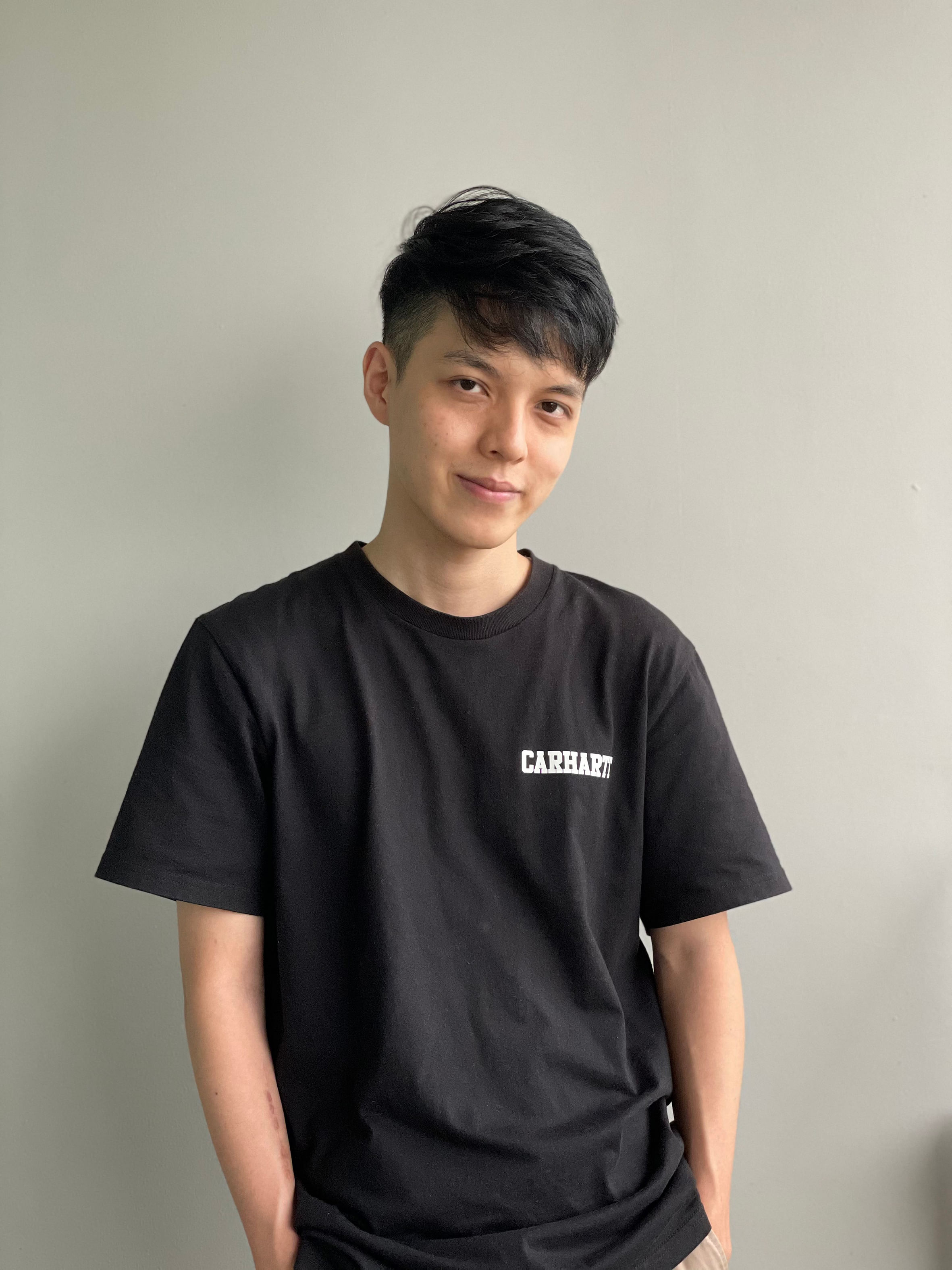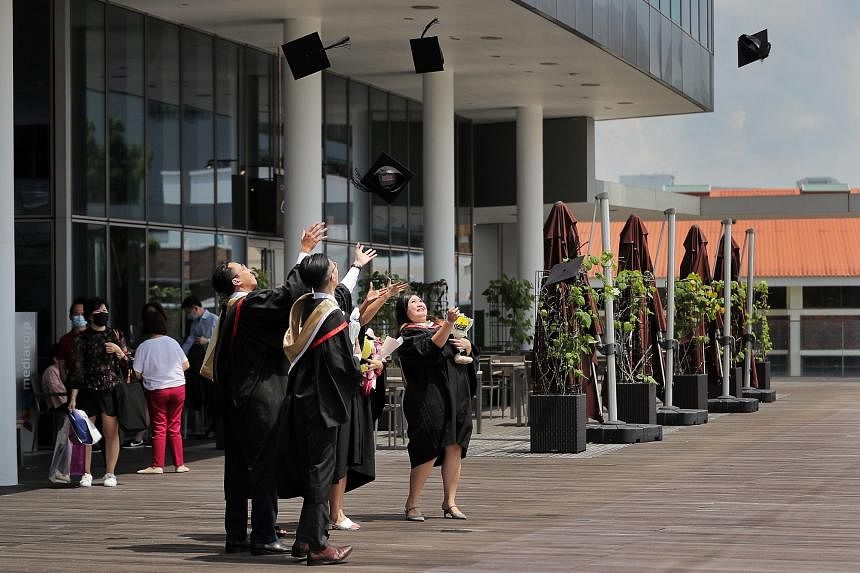SINGAPORE – Fresh graduates from the Singapore Institute of Technology (SIT) in 2022 drew higher starting salaries than the cohort before them, a survey has found.
Those in full-time permanent jobs took home a median gross monthly salary of $3,950 in 2022, up from $3,550 in 2021.
Additionally, slightly more of them were able to find permanent jobs in 2022, compared with the batch of the year before.
Results from the latest graduate employment survey released by SIT in September showed that 86.6 per cent of its graduates in 2022 secured full-time permanent work, inching upwards from 86 per cent of graduates in 2021.
Overall, 91.6 per cent of the class of 2022 found employment – including part-time work – within six months of graduation, a dip from 95.6 per cent of the class of 2021.
These figures were released in the annual Joint Autonomous Universities Graduate Employment Survey, which was conducted by SIT between March 1 and May 14.
Of the 2,193 graduates across 35 degree programmes from SIT and its eight overseas university partners, 78.4 per cent, or 1,719 graduates, took part in the survey.
The survey findings for the other autonomous universities were released earlier in 2023, owing to their different academic calendars.
In 2022, graduates from the National University of Singapore, Nanyang Technological University, Singapore Management University and Singapore University of Social Sciences drew a median gross monthly salary of $4,200, while those from the Singapore University of Technology and Design earned $4,800.
Similar to SIT’s findings, their results showed that nearly eight in 10 of their fresh graduates were in full-time permanent roles.
Like in previous years, graduates from SIT’s Information and Communications Technology (ICT) programmes commanded higher wages.
Those who completed the Computer Science in Real-Time Interactive Simulation degree programme earned the most among their peers, with a median monthly salary of $5,500. This was followed by ICT (software engineering) graduates who took home $5,200, and computing science graduates at $5,000.
Graduates who did engineering with ICT components also reported higher pay. Systems engineering (electromechanical systems) graduates earned $4,800, up from $4,370 in 2021, while telematics (intelligent transportation systems engineering) graduates commanded $4,688, up from $4,000 in 2021.
In a statement, SIT said its graduates are hired across more than 40 industry sectors, with 40 per cent receiving between two and six full-time permanent job offers.
In addition, half of its graduates received job offers from their Integrated Work Study Programme (IWSP) firms before graduation. Of this group, close to half of them accepted the offers. Under IWSP, students gain job skills in the working world for up to 12 months.
SIT said that from academic year 2022, all students are required to complete a set of five career readiness micro-modules, in the form of face-to-face and online lessons.
SIT president Chua Kee Chaing said: “We are pleased that our graduates continue to be well received by the industry, with many receiving advance job offers even before they graduate. This is a strong testament to our applied learning pedagogy and educational offerings.”
Mr Ryan See, 28, who did a Bachelor of Engineering with honours in ICT (software engineering), said modules at SIT placed a lot of emphasis on hands-on learning. He is now an associate solutions architect at Amazon Web Services.

“The IWSP was an avenue to go out and learn on the ground as an intern or apprentice (and) to apply what we learnt in school,” said Mr See, who had a 12-month stint at the Government Technology Agency of Singapore.
“It was very beneficial in terms of the depth and breadth of exposure, and gave me ample time to develop specialised skills needed in (the) industry, and soft skills in learning to work with people,” he added. “It also eased the transition between student life and working life.”


